
- Health
- Lead News
Covid-19 is likely to affect six organs of human body
- Health
- Lead News
- 12 January, 2021 21:26:47
CNI Desk: Almost 10 months have passed and COVID-19 continues to impact our lives in a myriad of ways. From disrupting the normal functioning of our day-to-day lives to posing great risks to our health and fitness, not only has it taken over our physical wellbeing but has also deprived us of our mental peace and calm.
COVID-19 and its impact on respiratory health
While the symptoms of the novel coronavirus can go from mild to severe, once it starts affecting our health severely, it can take a major toll on many of the organs in our body in the long run. That said, here's a brief description on how COVID-19 tends to affect these 6 bodily organs.
How the coronavirus affects the liver?
COVID-19 is a respiratory illness, which makes your lungs more prone to damage in the long run. Coronavirus patients or individuals who have recovered from the infection often complain of fatigue, chest pain and shortness of breath, which are all signs of COVID-19. SARS-CoV-2 has the potential of causing inflammatory changes in the lungs, which can negatively impact the lung tissues and sacs. This can affect your respiratory health and damage your lungs in the long run.
Apart from the problems posed by the coronavirus on our overall health and mental well-being, it also affects the hepatic tissues in the body. In many COVID-patients or the people who have already recovered from the infection, an increased level of liver enzymes and abnormal liver function have been noted. Doctors and medical experts claim that in many patients, the liver functions do not get back to normal, even after recovery, which according to them could be due to the rush of cytokines in the body, caused as a consequence of the drugs prescribed during the illness.
COVID-19 and heart health
While abnormal heart rate, palpitations, chest pain and chronic fatigue are symptoms of COVID-19, doctors and medical professionals have observed a lingering post-COVID impact on people's heart health. Besides that, formation of blood clots, possibility of a heart stroke are also amongst the major health risks triggered by COVID-19.
Impact of COVID-19 on kidneys
Amongst other medical complications, low kidney function is also one of the growing problems in COVID or COVID-recovered patients. From experiencing low urine output and infrequent urination to developing kidney dysfunction post-COVID, even younger generations have not been spared from this ailment. Considering a person is diabetic or is suffering with a high blood pressure, the risk of developing kidney problems is much higher.
Post COVID syndrome may include impact on the brain
As a result of COVID-19, patients have also experienced mild to severe inflammations, strokes and seizures in the brain. Individuals who have recovered from the infection have also complained of experiencing mental confusion, headaches, dizziness and blurred vision during and after the course of their recovery. Studies have also claimed that Alzheimer's and Parkinson’s disease may be some of the long term effects of COVID-19.
Gastrointestinal damage caused by COVID-19
Digestive issues and complications have also been recorded in many of the COVID patients. Individuals have complained of diarrhea, nausea, loss of appetite, abdominal pain and other gastrointestinal problems, even after having recovered. This may be triggered due to the inability of the digestive system to absorb essential nutrients and electrolytes while suffering from COVID-19.
Although the fight against the novel coronavirus continues to rage on, it is important that we play our part and contain the spread of the virus in the best way possible.
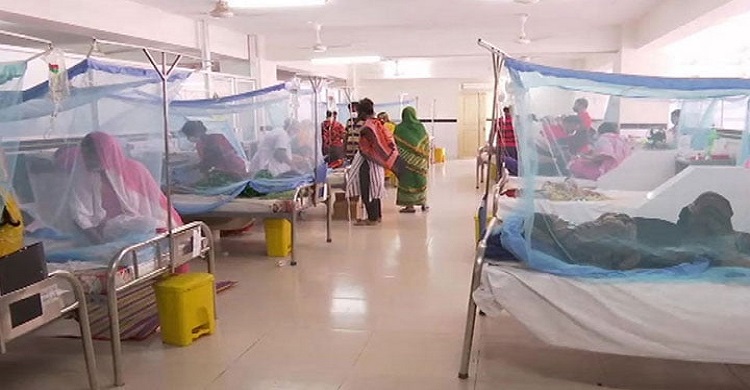



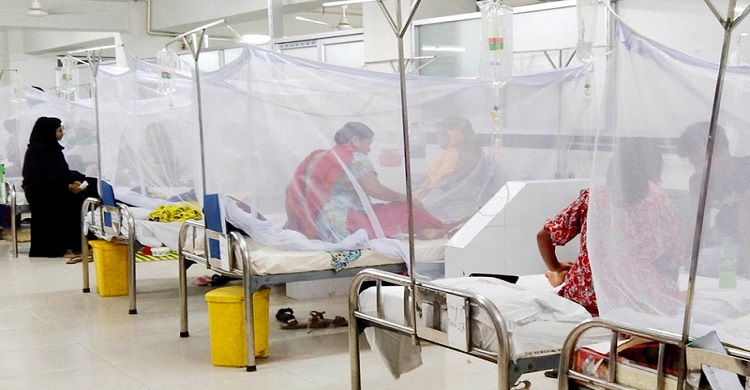
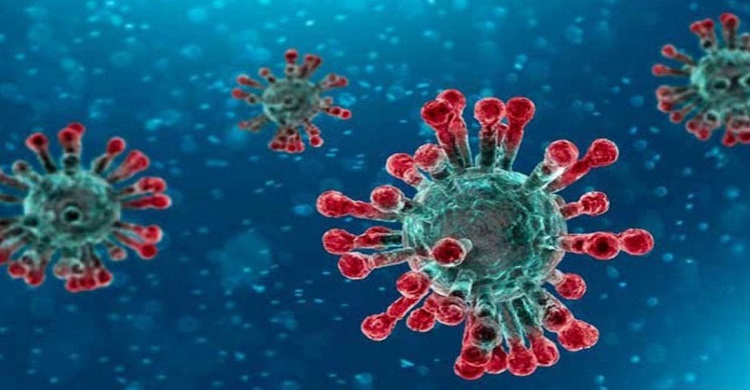



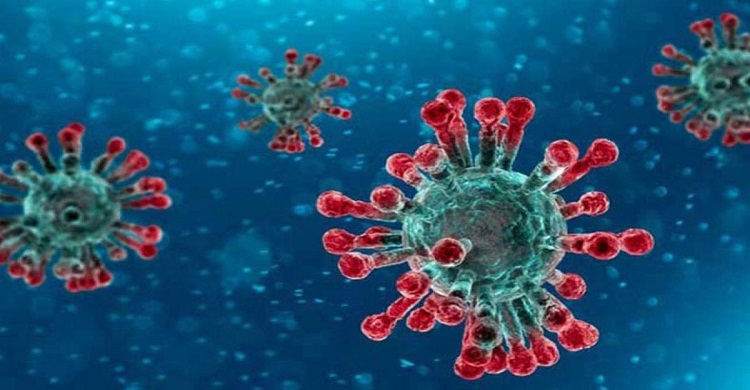

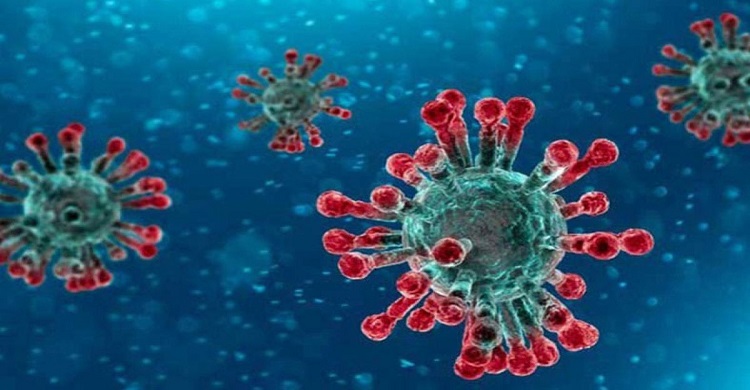




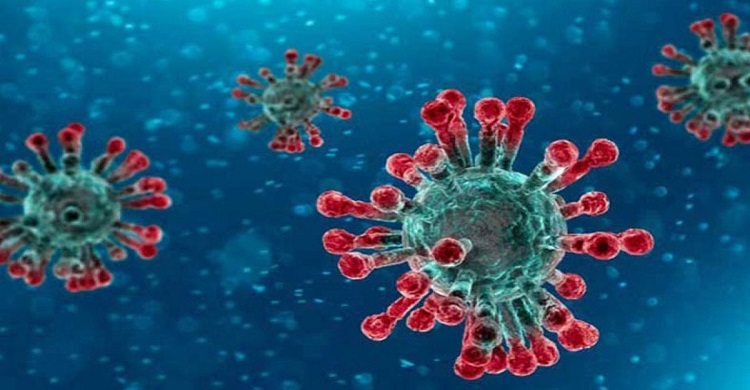
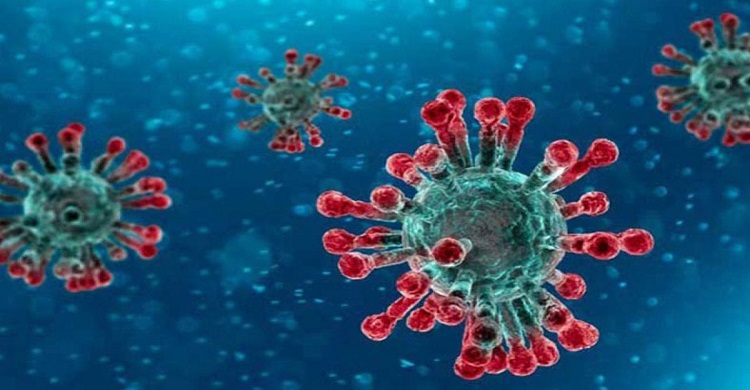
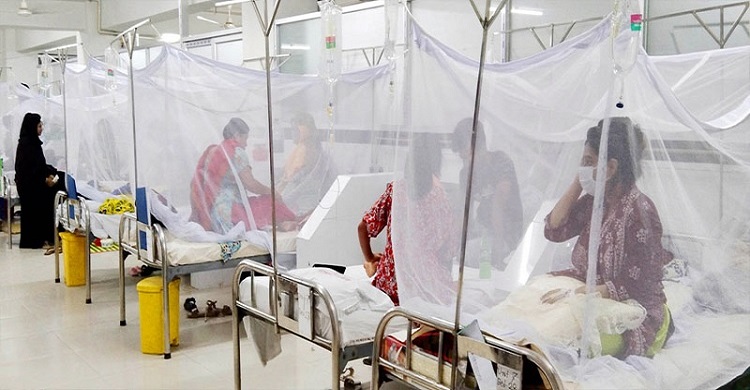
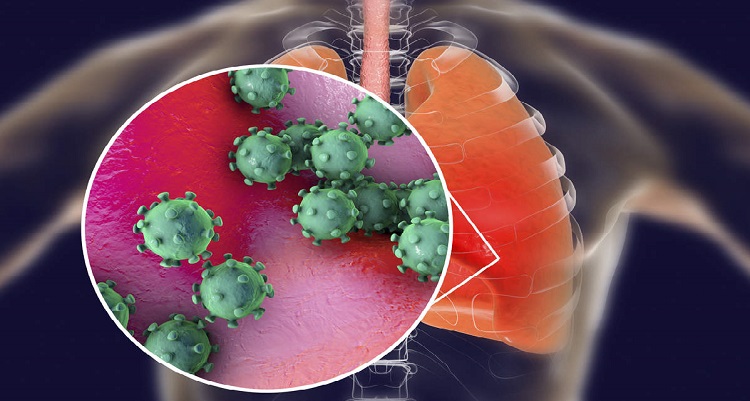








Comment ( 0)